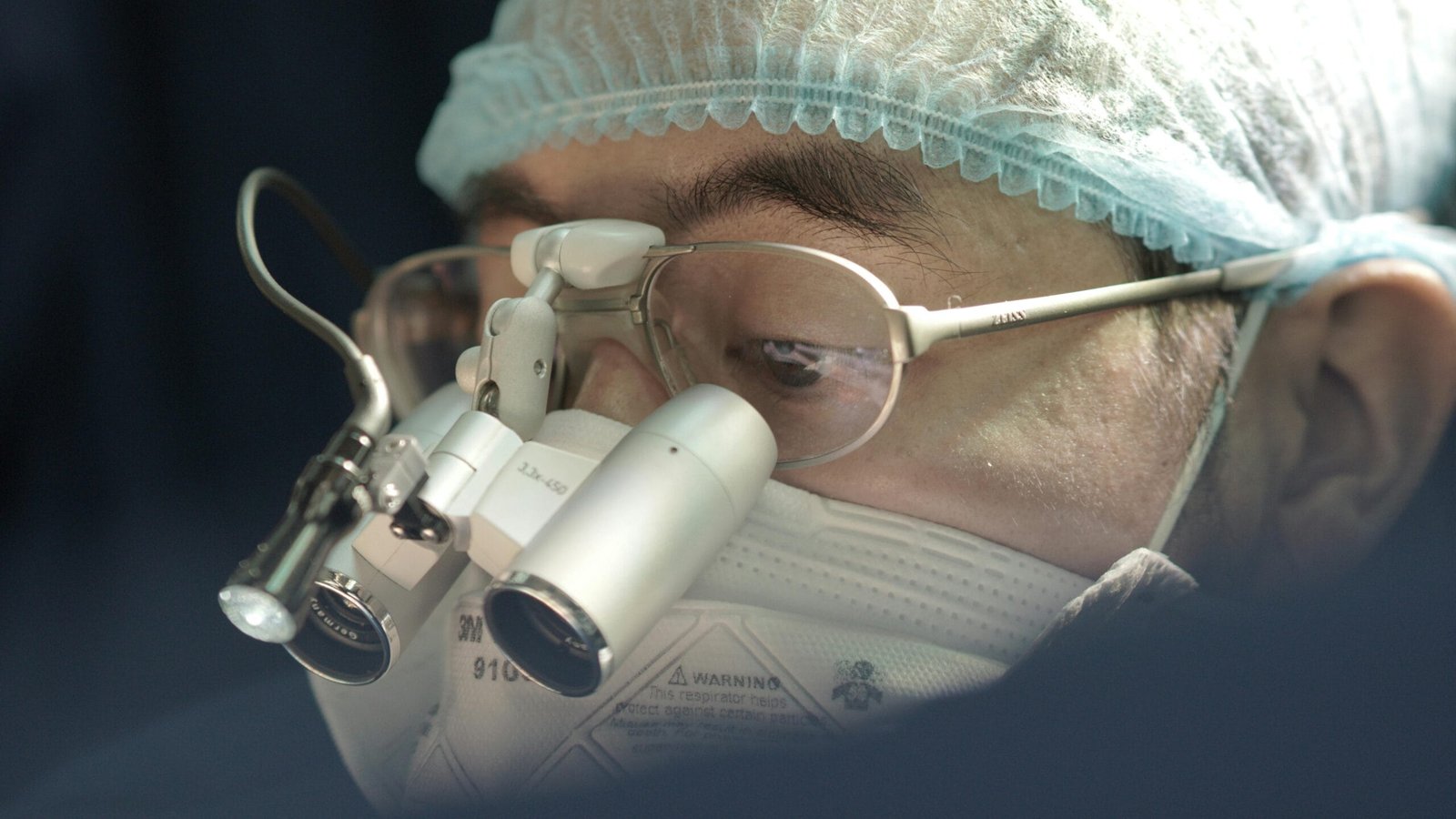Cataracts are one of the most common age-related eye conditions, affecting millions of people worldwide. At Farmilo Optometrists, we regularly see patients concerned about vision changes that could signal cataracts, especially as they get older. While cataracts can sound alarming, the good news is they’re highly treatable, and in many cases, preventable.
In this guide, we’ll break down everything you need to know about cataracts: how they form, signs to watch for, how to reduce your risk, and what treatment options are available.
What Are Cataracts?
Cataracts occur when the clear lens inside your eye becomes cloudy or opaque, reducing the quality of your vision. The lens focuses light onto the retina, allowing you to see clearly. When cataracts form, they scatter light, leading to blurry or dim vision.
Cataracts develop gradually and are often associated with ageing. However, they can also be caused by:
Eye injuries
Certain medications (e.g. steroids)
Diabetes
Smoking or excessive UV exposure
A family history of cataracts
They usually affect both eyes, although not always at the same rate or severity.
Common Symptoms to Watch For
Cataracts often develop slowly and painlessly, so it’s not uncommon for people to miss the early signs. Over time, however, you may begin to notice:
Blurred, cloudy or dim vision
Glare or halos around lights, especially at night
Difficulty seeing clearly in low light or bright sunlight
Fading or yellowing of colours
Frequent changes in glasses or contact lens prescription
Double vision in one eye
If you’re experiencing any of these symptoms, it’s important to book a comprehensive eye exam. At Farmilo Optometrists, we can detect early cataract development during your routine check-up, even before noticeable symptoms appear.
Can Cataracts Be Prevented?
While age-related cataracts can’t always be avoided, there are steps you can take to reduce your risk or slow their progression:
Wear UV-protective sunglasses: Long-term sun exposure contributes to cataract formation. Choose sunglasses that block 100% of UVA and UVB rays.
Quit smoking: Smoking significantly increases your risk of developing cataracts and other eye conditions.
Eat a balanced, antioxidant-rich diet: Foods rich in vitamins C and E, lutein, and zeaxanthin, like leafy greens, citrus fruits, and colourful vegetables, support long-term eye health.
Manage chronic conditions: Conditions like diabetes can speed up cataract development. Managing your blood sugar levels and attending regular health checks can help.
Regular eye exams: The earlier cataracts are detected, the better your long-term outcome. Annual eye exams are especially important after age 60.
When Is Treatment Necessary?
In the early stages, cataracts can often be managed with changes to your prescription glasses or improved lighting. However, as cataracts worsen, they can begin to interfere with daily activities such as reading, driving, or recognising faces.
When vision loss starts to impact your quality of life, your optometrist may refer you for cataract surgery. This is the only effective way to permanently remove cataracts. It’s a safe and straightforward procedure in which the cloudy lens is removed and replaced with a clear artificial lens (called an intraocular lens or IOL).
At Farmilo Optometrists, we help guide you through every step, from diagnosis and referral to post-surgery care and follow-up assessments.
What to Expect After Cataract Surgery
Cataract surgery is one of the most commonly performed and successful surgeries in the UK. It’s typically done under local anaesthetic and takes just 15–30 minutes per eye.
After surgery:
You’ll need to rest and avoid strenuous activity for a few days.
Vision may be blurry for a short period but should improve rapidly.
Eye drops will be prescribed to prevent infection and reduce inflammation.
Most people notice significantly clearer vision within a week.
We provide post-surgery check-ups at Farmilo Optometrists to monitor your recovery and ensure your vision is stabilising well. You may still need glasses for certain tasks after surgery, depending on the type of IOL used.
Conclusion: Stay Ahead of Cataracts with Regular Eye Care
Cataracts are a natural part of ageing for many people, but they don’t have to limit your lifestyle or independence. With early detection, proactive prevention, and timely treatment, you can continue to enjoy a clear, healthy vision for years to come.
At Farmilo Optometrists, we’re committed to helping you protect your sight. Whether you’re noticing changes in your vision or just due for your annual eye exam, we’re here to provide personalised care and trusted guidance every step of the way.
Book your eye test with us today and take the first step toward better vision.



